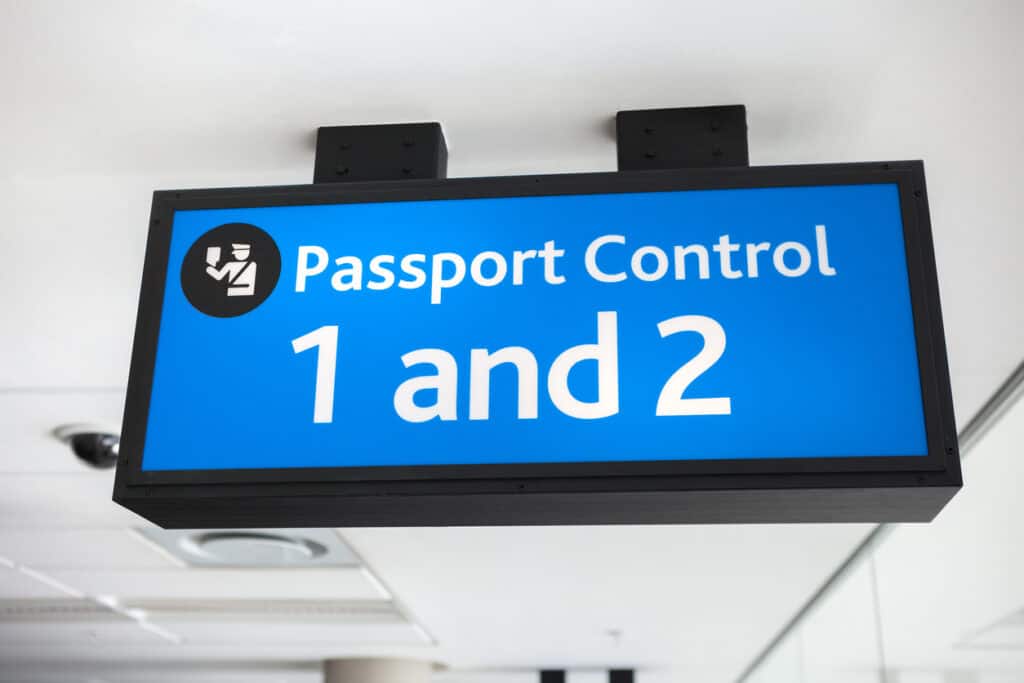New stats reveal more needs to be done to encourage girls to study physics and maths
14 May 2015
The schools regulator Ofsted has just published statistics on pupils progressing onto AS levels and then to A-levels, broken down by gender and subject. This is the first time this has been brought together for England as a whole and follows recommendations by the Institute of Physics (IoP) that schools should monitor their rates and compare them to national averages.
The new numbers show that for every 10 boys taking AS-level physics, there are only three girls, whereas for biology there are 15 girls for every 10 boys. For chemistry it is almost gender-balanced with equal numbers of boys and girls taking the subject at AS-level. Maths, like physics, also has a lower representation of girls, with seven for every 10 boys, and it gets worse for further maths, with only four girls for every 10 boys. The national average for all AS-level subjects, including the sciences, is slightly tipped in favour of girls, with 13 girls taking AS-levels for every 10 boys.
The findings replicate the IoP’s own research that found very poor uptake of physics among girls, especially in co-educational state schools.
The Ofsted numbers reveal fewer girls go on to study physics at A-level as well. 57% of girls continue to the higher level compared to 71% of boys. The follow-on rate for other sciences is roughly equal for girls and boys, but maths sees fewer girls continue with their studies: 70% of girls continue compared to 79% of boys.
Related resources

A week on from the publication, Policy Manager Camilla d’Angelo takes a look at some of the questions that remain to be resolved and what to expect next for the Immigration White Paper.

Policy Manager Camilla d’Angelo takes a look at what the Immigration White Paper means for attracting international R&D talent to the UK.

In advance of the forthcoming Immigration White Paper, CaSE and 35 other organisations have written to select Westminster Parliamentarians.

This briefing summarises attitudes to immigration, international students and researchers, and their impact on UK R&D. It is based on evidence from a nationally representative survey of 4,100 UK adults in June 2024 and two focus groups in December 2024.